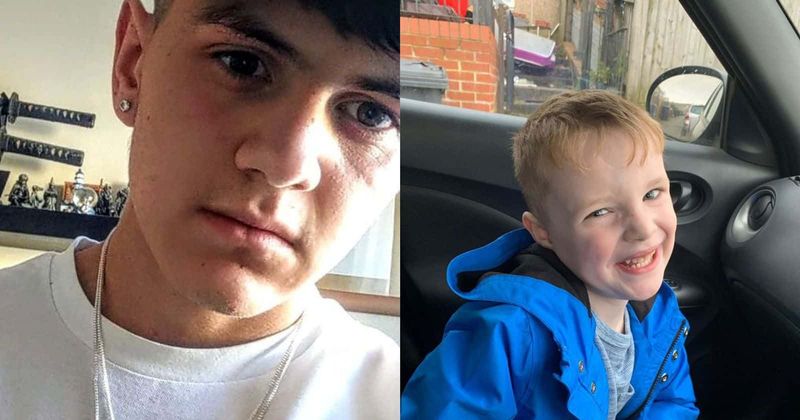
Mobilenews24x7 Bureau
A good and sound sleep at night, spanning from 5 to 7 hours has been considered as an essential component for good health, easing tensions, re-energiging the physic and metabolism. For all, young and old.
But it all depends on a mood before one enters the bed, whether to sleep with the worries or to sleep on them. The latter option is more productive and to cool the stressing nerves, experts feel that, music helps as a sleep inducing agent is heard the way it should be.
A complete detachment
Listening to music at bedtime can help in slowing down our heart rate and breathing, and in bringing down levels of stress hormones, easing us into the sleep mode
A good night’s sleep is a vital component of holistic wellbeing, providing a strong foundation for our physical, mental, and emotional health. And yet, roughly 62 percent of adults globally feel that they don’t sleep well at night. This epidemic of sleep deprivation is fueling a growing global industry of sleep technology and aids. A recent report pegged the global sleep tech devices market at USD 15 billion in 2021 and is expected to grow to USD 67 billion in 2030.
But don’t lose sleep over this, help is hidden in your playlist.
Science says, to tune in to tune out
A growing body of research is demonstrating how listening to calming music improves sleep by inducing favourable responses such as reduced anxiety, lowered blood pressure, slower breathing, and lower heart rate. In fact, research shows that music stimulates the entire brain including the parasympathetic nervous system which signals the body to rest, relax and sleep.
A meta-analysis of ten different research studies involving a total of 557 participants came to the same conclusion, stating that music is effective at helping sufferers of both acute and chronic sleep disorders get better sleep.
But what kind of music helps us sleep?
Slow tempo, fast asleep
with agency inputs






